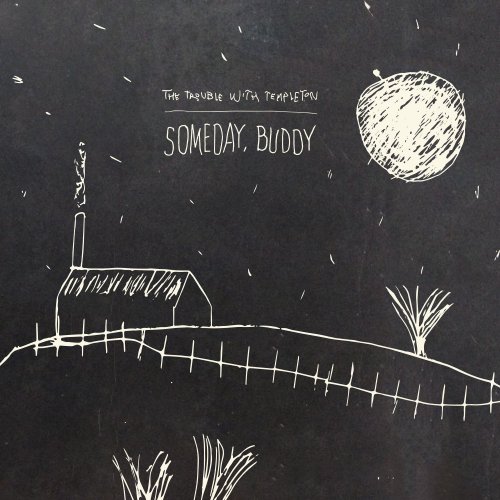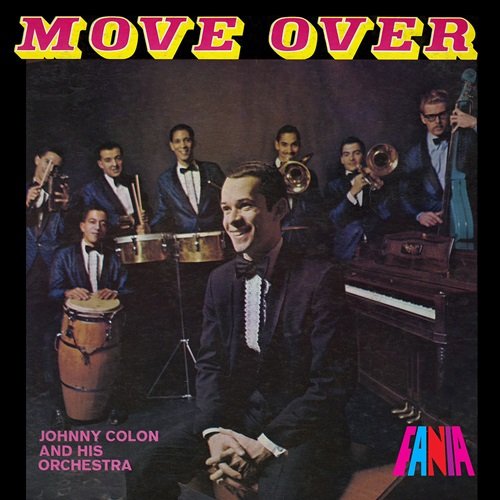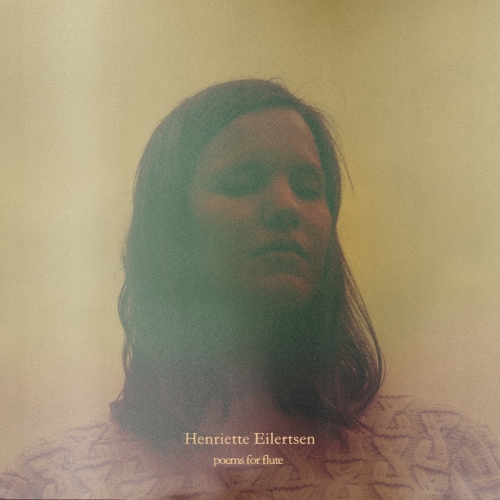The Trouble With Templeton - Someday, Buddy (2016)

Artist: The Trouble With Templeton
Title: Someday, Buddy
Year Of Release: 2016
Label: Bella Union
Genre: Folk, Folk Rock, Indie Folk, Acoustic
Quality: flac lossless
Total Time: 00:34:05
Total Size: 194 mb
WebSite: Album Preview
TracklistTitle: Someday, Buddy
Year Of Release: 2016
Label: Bella Union
Genre: Folk, Folk Rock, Indie Folk, Acoustic
Quality: flac lossless
Total Time: 00:34:05
Total Size: 194 mb
WebSite: Album Preview
01. Sailor
02. Heavy Trouble
03. Bad Mistake
04. Complex Lips
05. Vernon
06. I Want Love
07. Double Life
08. 1832
09. Sturdy Boy
Built around the talents of singer and songwriter Thomas Calder, the Trouble with Templeton self-released what was essentially a solo album before making their Bella Union debut as a five-piece with 2014's Rookie. The bricolage of indie folk, synthier pop, and more direct alt-rock led to touring opportunities with the likes of Of Monsters and Men and Father John Misty. Playing more to their strengths, however, the follow-up sees the group, which slimmed down to a trio, simplify their approach. The more focused Someday, Buddy re-places the emphasis on songwriting. It takes on an almost lo-fi character with '90s Pavement-type ambling guitars and intimate lyrics as the album oscillates between hushed rumination and lyric-driven outbursts. Lead single and opener "Bad Mistake" offers both of these extremes, as introspective verses with melodic guitar lines ("All day I use truth abuse/All win, can't lose") develop into frustration with churning choruses of "I suppose everyone knows/How it feels when you're calling me out/On my tired mouth." Elsewhere, tracks like "I Want Love" and the elegant acoustic guitar-and-piano waltz "Sturdy Boy" are consistently restrained. While "Heavy Trouble" opens with a laser-like synth attack, it proves to be a fake-out when the song quickly fades into an acoustic guitar ballad with quiet, sustained keys. "Vernon" opens with an electric guitar melody and muted vocals in unison ("Just close your mouth/Don't want your input") before Calder arrives with a contrasting vocal line. The character profile soon expands to a full-band reproach. In what could be a scene out of Hitchcock's Vertigo, "1832" finds the singer full of regret as he recognizes a younger version of a lover in a painting. The band's return to basics here is effective with Calder at the helm, and results in an affecting record with consistent intensity and enough hooks to promote both catharsis and return visits.
![Dela Hüttner’s SwingThing - Pause for a moment (2026) [Hi-Res] Dela Hüttner’s SwingThing - Pause for a moment (2026) [Hi-Res]](https://www.dibpic.com/uploads/posts/2026-02/1770561049_cover.jpg)






![Bill Evans Trio - Sunday At The Village Vanguard (1961) [2023 DSD256] Bill Evans Trio - Sunday At The Village Vanguard (1961) [2023 DSD256]](https://www.dibpic.com/uploads/posts/2026-02/1770661877_front.jpg)
